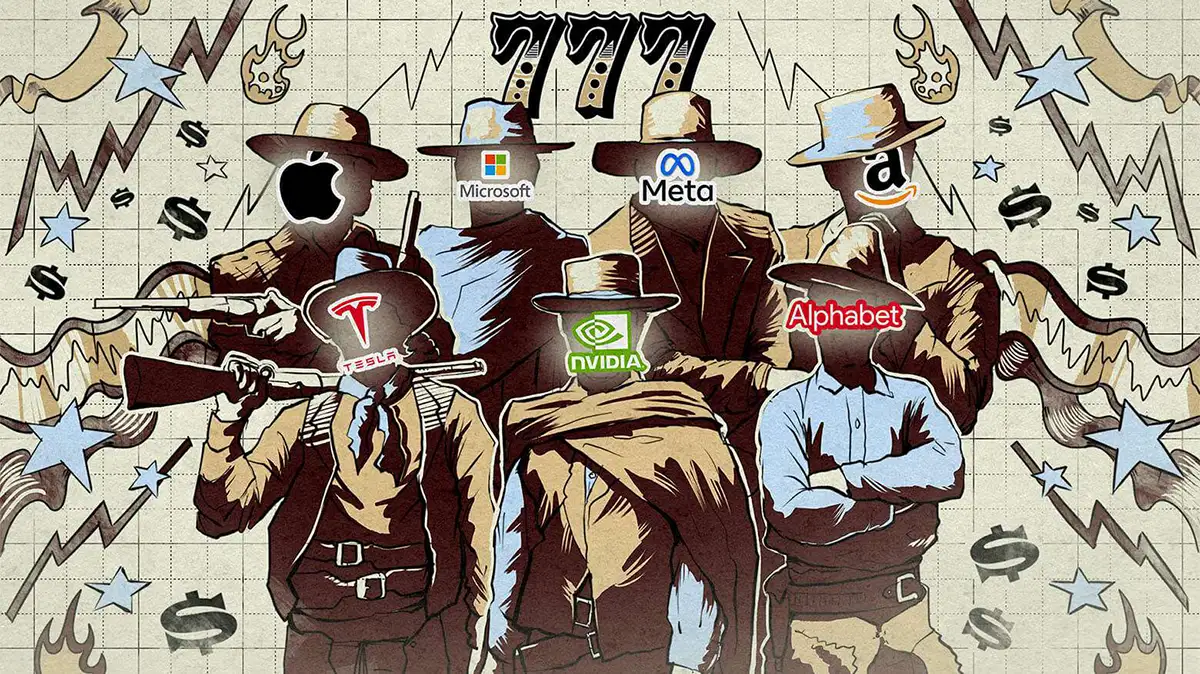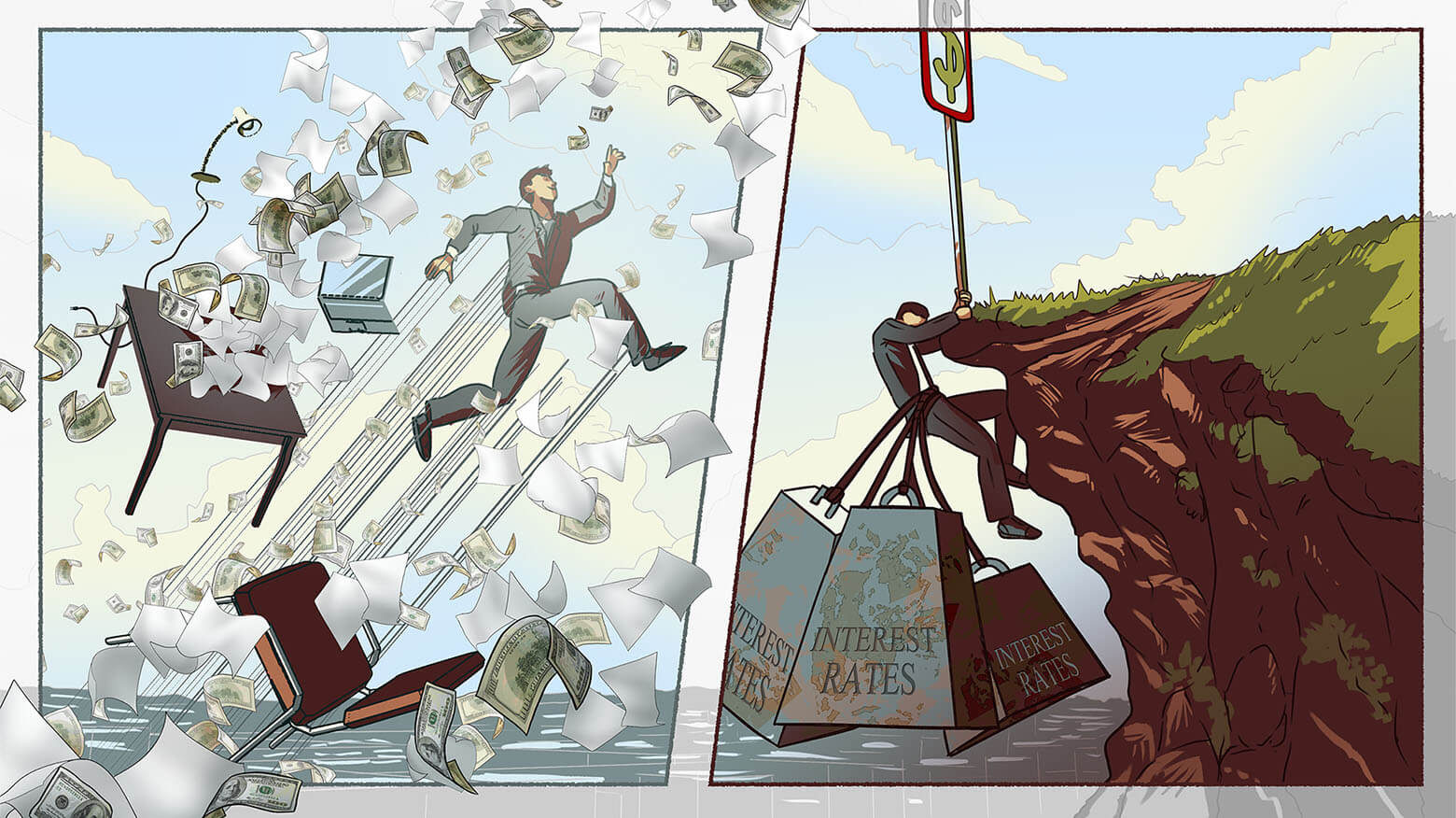The avoidance of taxes is the only pursuit that still carries any reward.
– John Maynard Keynes
Jackson Hewitt (JTX) declined significantly yesterday on news the IRS proposed regulation to ban refund anticipation loans, or RALs. Fear of the impact the new rules could have on JTX’s business drove it and H&R Block (HRB) down, although HRB faired better as it had already been beaten down by company specific issues stemming from its subprime mortgage business.
RALs are originated to customers who don’t want to wait a couple of weeks to get their tax refund from the IRS, and thus are willing to pay a 2-2.5% (capped at $95) fee to get their money right away. Though RALs are as controversial as payday loans that charge annualized triple digit interest rates, this is not the reason why the IRS is zeroing in them. After all, the IRS mandate is to collect taxes, not to legislate morality.
The IRS is concerned that RALs create an incentive for a tax preparer to prepare a return that results in a refund, since if there is no refund there is no RAL. Although RALs account for only about 25% of JTX’s revenues, they carry a very high profit margin thus if taken away could wipe out 35-50% of the company’s earnings.
Although it may appear that the IRS could simply disallow RALs, it is not that simple. Even in its own press release the IRS said the following (bold is mine): “The final rules affirm a general rule in place for more than three decades that taxpayers, not the IRS, control their own tax return information held by preparers and, within appropriate limits and safeguards, taxpayers are able to direct preparers to disclose tax return information as taxpayers see fit. More than 60 percent of individual taxpayers use a preparer.”
It is very difficult to prohibit consumers from providing their tax information to lending institutions or using future tax refund as collateral against which to borrow – it is the taxpayers’ money after all. Remember, we use our tax information on a constant basis when we get almost any type credit.
Pacific Capital Bancorp (PCBC), one of JTX’s partners that underwrites RALs originated by JTX said the following in its press release (bold is mine): “Following discussions with the IRS and other industry participants, the Company believes that the Treasury Department and IRS are not considering the elimination or ban of RALs or similar products, but are considering changes in the manner in which RALs are offered to taxpayers.”
The IRS’s objective is to lessen the incentive for tax preparers to commit fraud, but I think they understand that getting rid of incentives completely is impractical. JTX’s franchise operation accounts for 90% of its revenues, franchisees don’t see a dime from RALs and JTX’s financial partners (PCBC and HSBC) pay the company a flat fee. The same is true for HRB, which in its press release said the following: “H&R Block’s tax professionals are not compensated on the sale of ancillary products, so there is no incentive for them other than serving taxpayers’ best interests. In addition, RALs are currently regulated by 10 federal laws and IRS rules.” It will take awhile for uncertainty around RALs to be resolved. The IRS is soliciting comments on the proposal until April 2008. The regulation is not likely to come out until November and probably won’t take effect until 2009 tax season. There is a good chance that the IRS may pressure tax preparers to provide a flat fee product where the fee doesn’t vary much by the size of the tax refundIRS is Your Friend
Word from the IRS … “We are here to help!”
I don’t know many people who’d be happy to get a phone call from the IRS. I did not think I’d count myself as one either. But right after I wrote above article about refund anticipation loans (RAL), I got a return call from the IRS’s office of Procedure and Administration, the entity that released the ‘Advance notice of proposed rulemaking’. Yes, the one that sent Jackson Hewitt’s (JTX) stock down yesterday.
From the conversation, I gathered the IRS has no intention to ban RALs. It is doing a study, soliciting comments from interested (and disinterested) parties. The IRS doesn’t even know (at least doesn’t have a formal study showing) that there is a causation between RALs and higher fraud. The IRS doesn’t even know the route this proposal for solicitation of opinion will take.
It may die after comments are received, in fact many of these studies do.
It may decide that it doesn’t really fall under its jurisdiction and send it to Congress. Though Congress may decide to go after RALs, it is very unlikely. RALs are usually lumped into the same category as payday loans – both have very high interest rates once you annualize their fees. However, there is a one huge difference. Payday loans get rolled over and customers end up paying fees double or triple the amount they’ve borrowed. RALs are a onetime deal, 2-2.5% fee is it until next year. It is not rolled over and in reality it is not much different from what the bank charges us for a bounced check or overdraft.
Finally, the IRS may find out that RALs need to be regulated more. I believe from all outcomes this is the most probable and the worst possible one, but really a non-event as seen from H&R Block’s (HRB) press release which says, “RALs are currently regulated by 10 federal laws and IRS rules”. Tax preparation is a very fragmented industry, JTX and HRB account for only 25% of market, where little mom and pop shops will carry the bulk of the burden if RALs are banned. The big guys like JTX or HRB may actually benefit from that (on the margin) as additional regulation may become a burden for the little mom and pop operators.
Yesterday’s stock market reaction was a wakeup call to the IRS that its perceived actions (ban of RALs) may have tremendous consequences that will also result in lost jobs – that is not its intention. As I said it before and will say again (by the way, the IRS representative agreed with me on that point), the IRS’s job is not to legislate morality or to decide what is the “right” interest rate, its job is to collect tax revenues.
As a side note: I’ve been pleasantly surprised by the courtesy, promptness and openness of the IRS official with whom I had the pleasure to talk.










0 comments